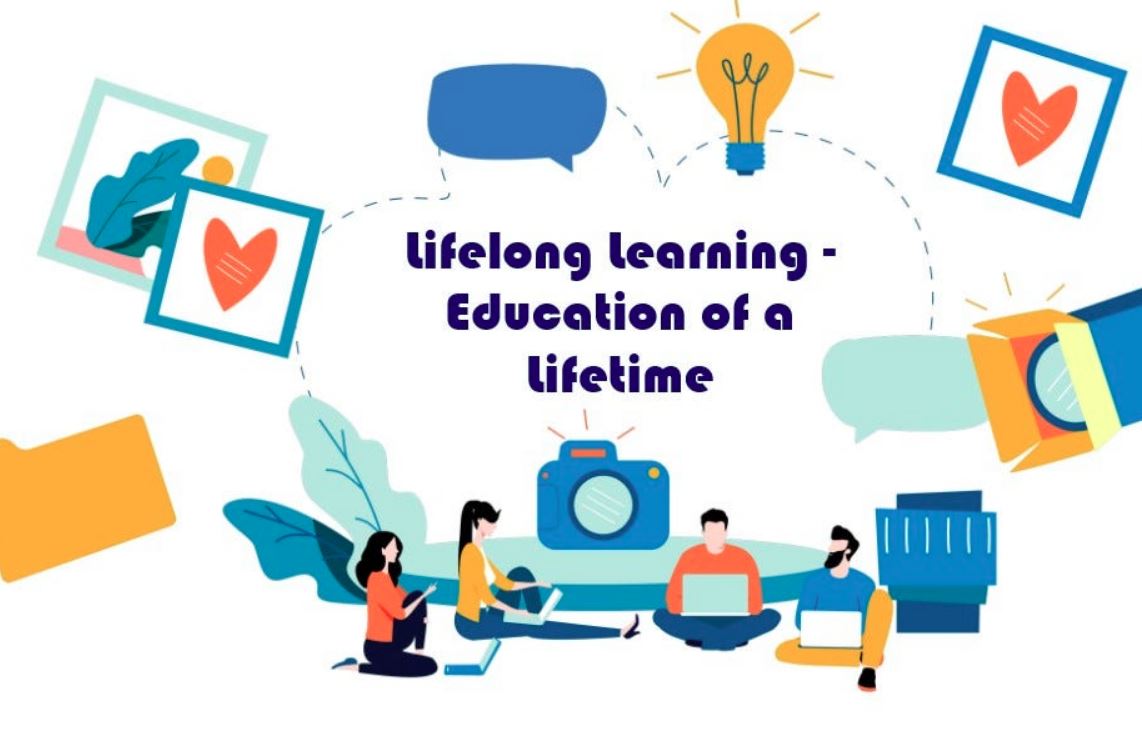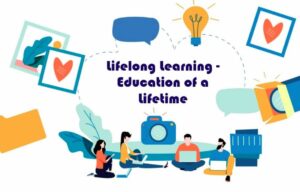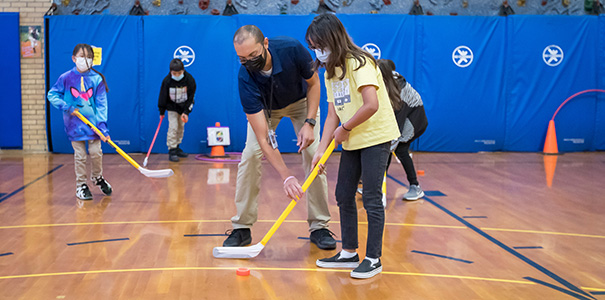
Power of Lifelong Learning: Why Education Matters at Every Stage of Life
Education is often associated with the early years of life, but the idea that learning only happens in school is outdated. In a rapidly changing world, the importance of lifelong learning cannot be overstated. Whether you’re a student, a professional, or retired, continuing to educate yourself throughout your life has numerous benefits. In this blog post, we will explore the power of lifelong learning and why education matters at every stage of life.

1. Adapting to a Changing World:
The world is constantly evolving, with new technologies, industries, and ideas emerging regularly. Lifelong learning allows us to keep up with these changes, helping us adapt and thrive in an increasingly complex and interconnected society. Continually acquiring new knowledge and skills empowers us to remain relevant and opens up opportunities for personal and professional growth.
2. Personal Development:
Education is not just about acquiring knowledge; it is also an essential tool for personal development. Lifelong learning encourages intellectual curiosity, critical thinking, and a broader perspective on life. It can enhance our self-esteem, boost our confidence, and provide a sense of accomplishment as we challenge ourselves to acquire new skills and expand our understanding of the world.
3. Career Advancement:
In today’s competitive job market, having a mindset of lifelong learning is crucial for career advancement. Continuous learning allows us to stay updated with industry trends, develop new skills, and explore innovative ideas. It positions us as valuable assets to employers, making us more agile, adaptable, and capable of taking on new responsibilities. Furthermore, lifelong learning can open doors to new career paths and help us pivot in response to changing market demands.
4. Enhancing Social Connections:
Education and learning offer opportunities to connect and engage with others who share similar interests and passions. Joining classes, workshops, or online communities centered around a particular subject allows us to interact with like-minded individuals, fostering meaningful relationships and expanding our social network. Lifelong learning not only provides intellectual stimulation but also encourages social interactions that can enrich our lives.
5. Boosting Mental Agility and Wellness:
Studies have shown that continued mental stimulation, such as through learning, can help slow cognitive decline and improve memory and problem-solving abilities. Lifelong learning exercises our brains and keeps them active, reducing the risk of age-related mental health issues. Additionally, engaging in educational activities can promote overall mental well-being, as it boosts confidence, provides a sense of purpose, and stimulates personal growth.
Conclusion:
Education is not a one-time event confined to our formative years. Lifelong learning is a mindset, a commitment to acquiring knowledge and skills beyond formal education. It empowers us to adapt to a changing world, expands our horizons, and enriches our personal and professional lives. From career advancement and personal development to social connections and improved mental agility, the benefits of lifelong learning are far-reaching. So, regardless of your age or stage of life, embrace the power of continuous education and embark on a journey of lifelong learning.



